After a lapse of 8 months, the 95-year-old old man Wen came to the General Surgery Department of the First Affiliated Hospital of Jiaotong University for a re-examination. All the physical indicators were normal, and there was no sign of tumor recurrence. Up to now, this is the oldest patient in my country who underwent Da Vinci robotic gastrointestinal tumor surgery. With the development of medical technology and the improvement of the multidisciplinary diagnosis and treatment system, this successful case also shows us that advanced age is no longer the reason for gastrointestinal surgery. restricted area.
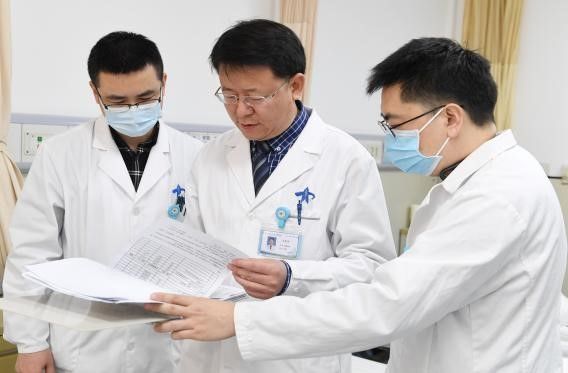
Looking back at the process, retired veteran cadre Wen Laobo and Professor She Junjun team members are full of emotion. Eight months ago, Mr. Wen was diagnosed with gastric tumor complicated with hemorrhage in another province due to nausea and hematemesis. After emergency rescue, he temporarily turned the corner, but the possibility of re-bleeding cannot be ruled out, and further surgery is required to be cured. After going to many large hospitals for consultation, facing the dual risks of 95-year-old age and difficult surgery, each hospital said that surgery is not recommended. In desperation, the family found Professor She Junjun of General Surgery of the First Affiliated Hospital of Xi’an Jiaotong University with an attitude of giving it a try.
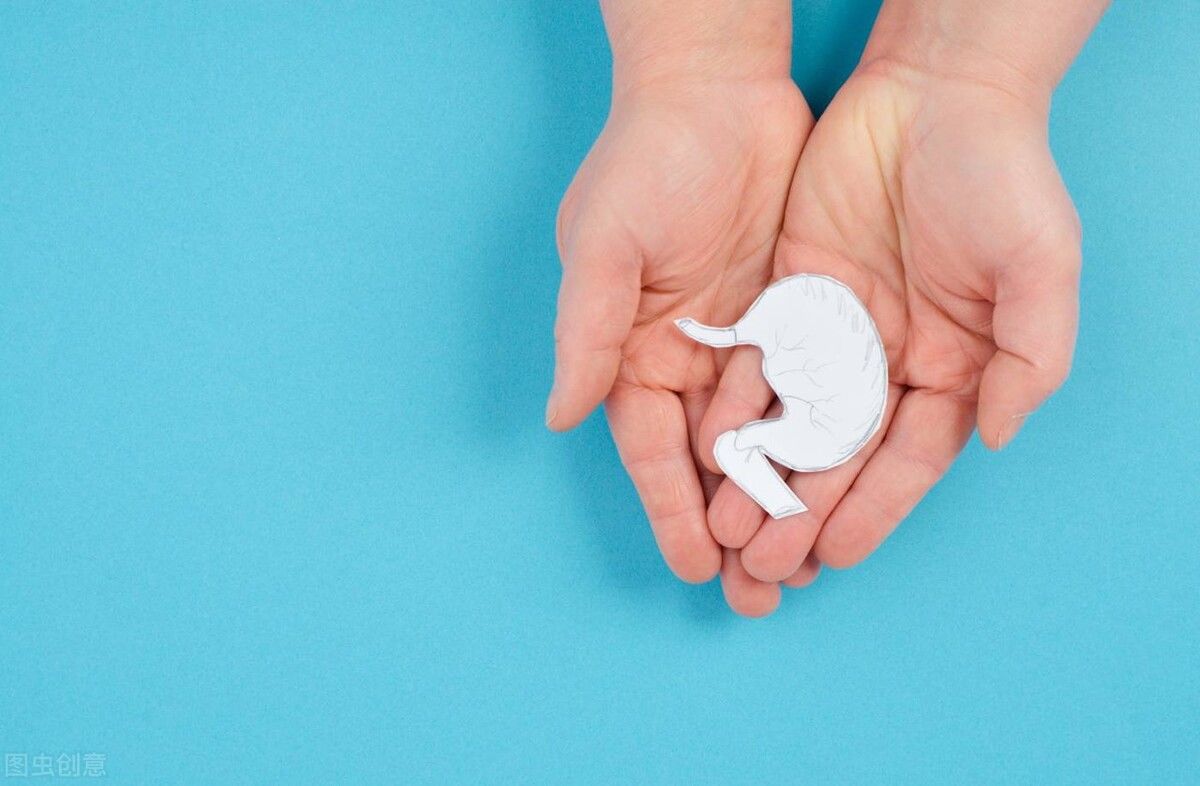
After a comprehensive inspection and full evaluation, Professor She said that surgery is the fundamental measure to cure Old Man Wen’s condition, but The high risk of elderly patients should be fully ideologically and technically prepared to ensure that the intra-operative/post-operative risks are controllable, and efforts should be made to break through the restricted area of complex gastrointestinal surgery for the elderly; The cutting-edge minimally invasive technology represented by “Qi Robot” can improve the precision, minimally invasiveness and rapid postoperative recovery of the operation; in addition, the multidisciplinary team therapy (MDT) provides full safety guarantee for perioperative treatment.
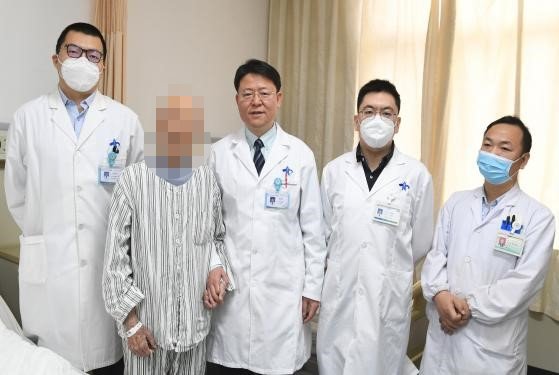
Under the guidance of Sun Xuejun, Director of General Surgery, the department of general surgery, anesthesiology, gastroenterology, cardiovascular medicine, respiratory and Critical care medicine, imaging, oncology, pathology and other multi-disciplinary collaborations are fully prepared for perioperative treatment, surgical plans, anesthesia support and emergency plans. After strict anesthesia monitoring by Director Wang Qiang and Deputy Director Shen Xin of the Department of Anesthesiology, and careful nursing and care under the guidance of Chief Nurse Qiao Lina of General Surgery, Professor She Junjun, Deputy Chief Physician Wang Guanghui, and Dr. Shi Feiyu took 3 hours to successfully implement the treatment for Uncle Wen. The Finch robotic radical total gastrectomy was successfully recovered and discharged from the hospital.
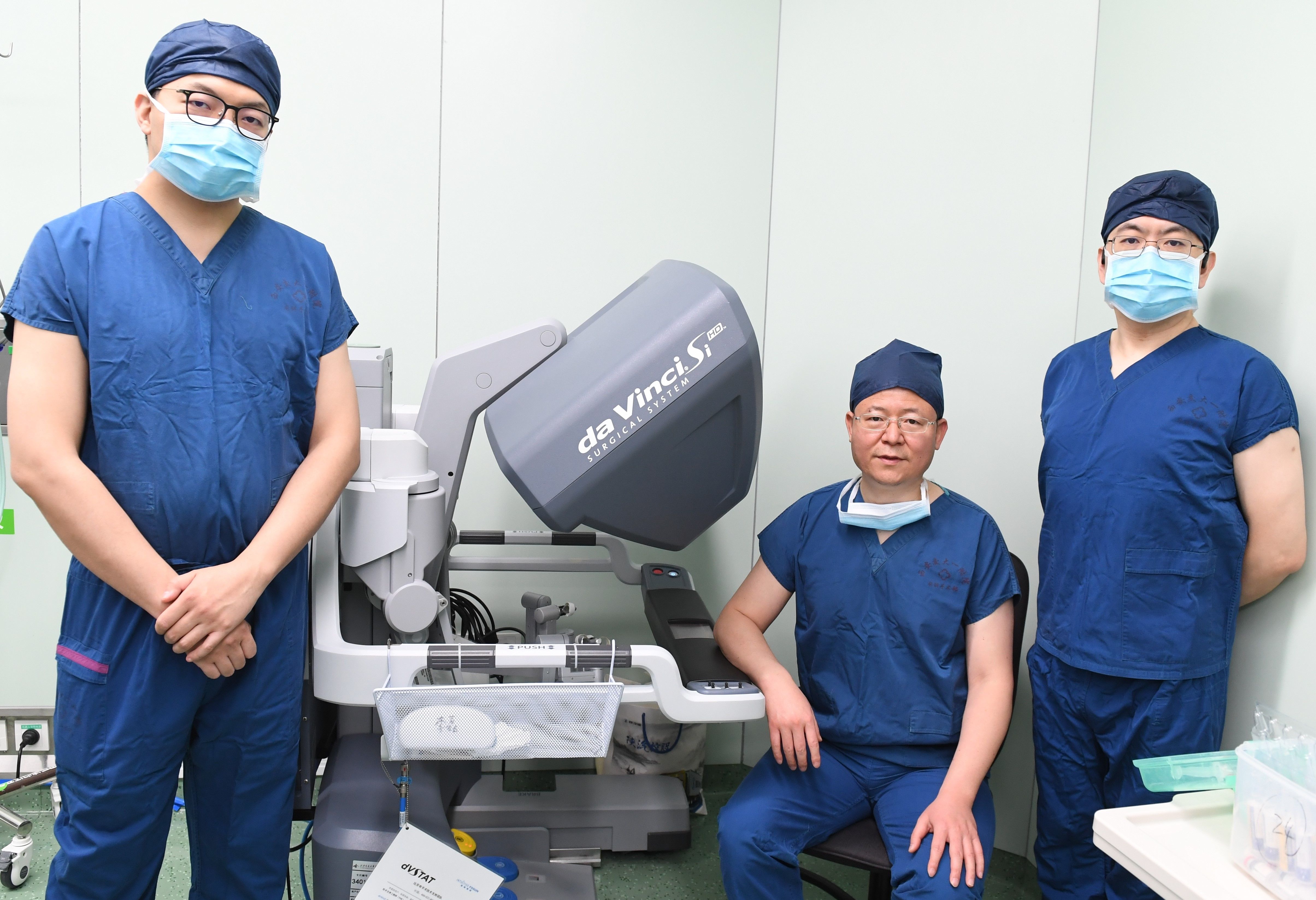
It is understood that Mr. Wen is the oldest patient in my country who underwent gastrointestinal tumor surgery by Da Vinci robot. Good recovery suggests that advanced age is no longer a no-go zone for gastrointestinal surgery. Professor She said: “Gastrointestinal tumors are the most common malignant tumors in China. According to WHO statistics, about 60% of patients with gastrointestinal tumors are over 65 years old, and nearly 20% of elderly patients are over 80 years old. They have weak functional reserves and are often associated with underlying diseases such as diabetes, heart disease, and hypertension. They have low tolerance to surgery, many complications, high risks, and slow recovery. For a long time, the diagnosis and treatment of elderly patients should be handled carefully. It also puts forward higher challenges and requirements for clinicians, requiring us to have more exquisite professional knowledge, dedication and benevolence of doctors.
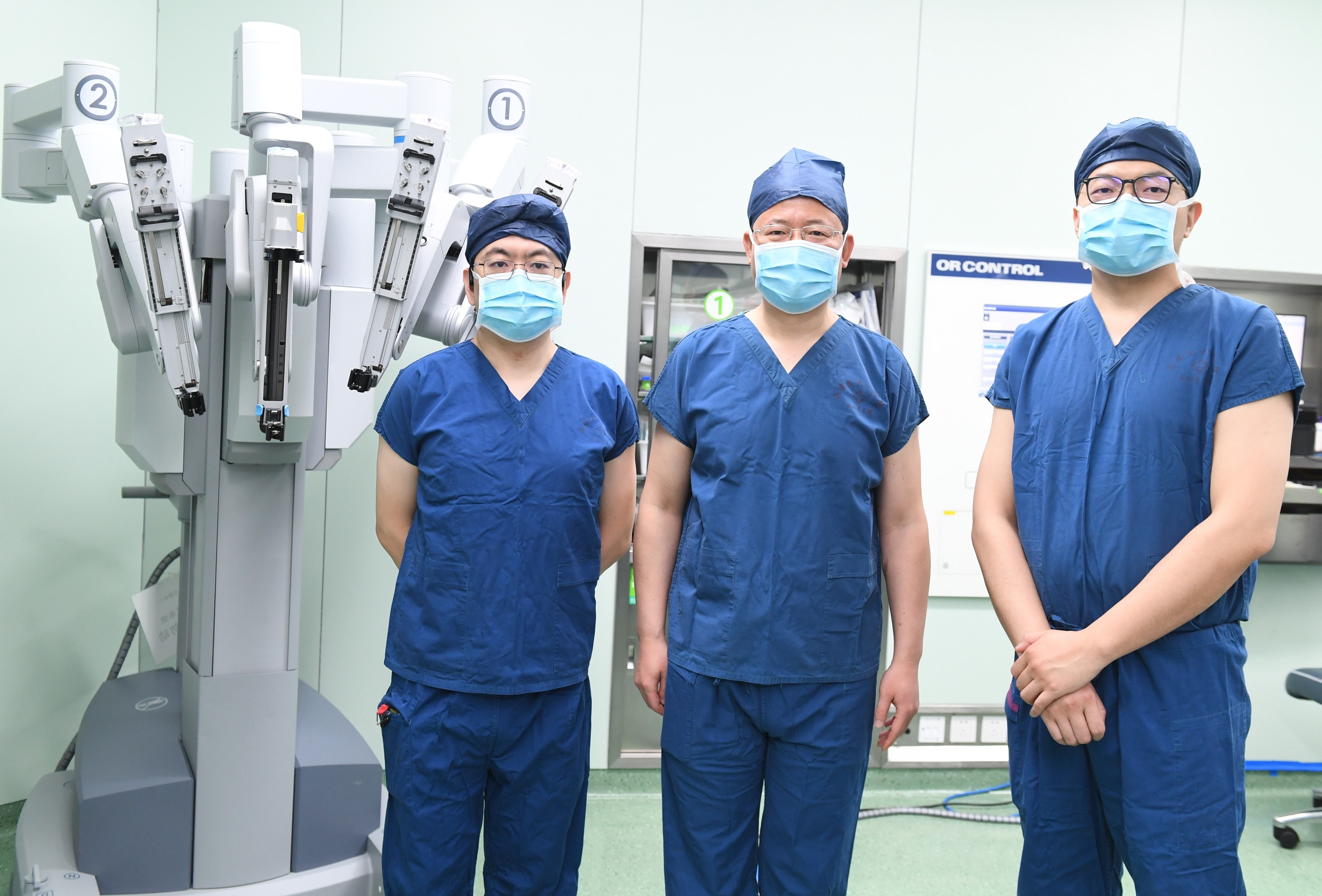
Professor She Junjun’s team has been committed to researching cutting-edge concepts and minimally invasive technologies for a long time. In recent years, it has completed more than 400 cases of gastrointestinal tumor surgery by Da Vinci robot, including more than 20 patients over 80 years old and 2 patients over 90 years old. For example, a series of medical technology innovations have been successfully carried out, such as the world’s first da Vinci robot for third-space gastrointestinal tumor resection, the first da Vinci robot in Northwest China for radical gastrectomy for splenic hilar lymph node dissection, and the first da Vinci robot in Northwest China Radical lateral lymph node dissection for rectal cancer, the first case of hemophilia patients with Da Vinci robotic radical gastrectomy for gastric cancer, etc.
He has led 13 registered clinical studies and presided over 7 clinical research grants, including Da Vinci Robot Foundation China’s first clinical research fund, Bethune Foundation clinical research fund, etc. Relevant achievements were published in Annals of surgery, surgical endoscopy, Chinese Journal of Practical Surgery, Chinese Journal of Surgery, etc., and were invited to participate in the 11th World Congress The report of the annual meeting of Vinci Robotic Surgeons, and participated in the compilation of 3 Chinese expert consensus on Da Vinci Robotics for gastrointestinal tumors, etc. The team members will use cutting-edge medical concepts and cutting-edge surgical techniques to benefit every patient unremittingly.